
Online Associate of Applied Science in Business
Nov. 1, 2026
Get job ready with real business skills
Get job ready with real business skills
The AAS in Business provides foundational skills in management, marketing, finance, and data analytics. You’ll gain practical experience through real business challenges curated from the world’s leading organizations and earn badges that demonstrate the skills you’ve built.
This 100% online program prepares you for roles such as Administrative Coordinator, Customer Service Representative, Retail Supervisor, and Operations Assistant.
Skills you will learn - and add to your résumé
Pay when you can afford to
- Pay per course
- Take the next course when you are ready
- Move at your own pace
- Move faster and graduate faster
- Stay in control of your budget
Tuition for undergraduate degrees is paid per course.
Courses in the Associate of Applied Science (AAS)













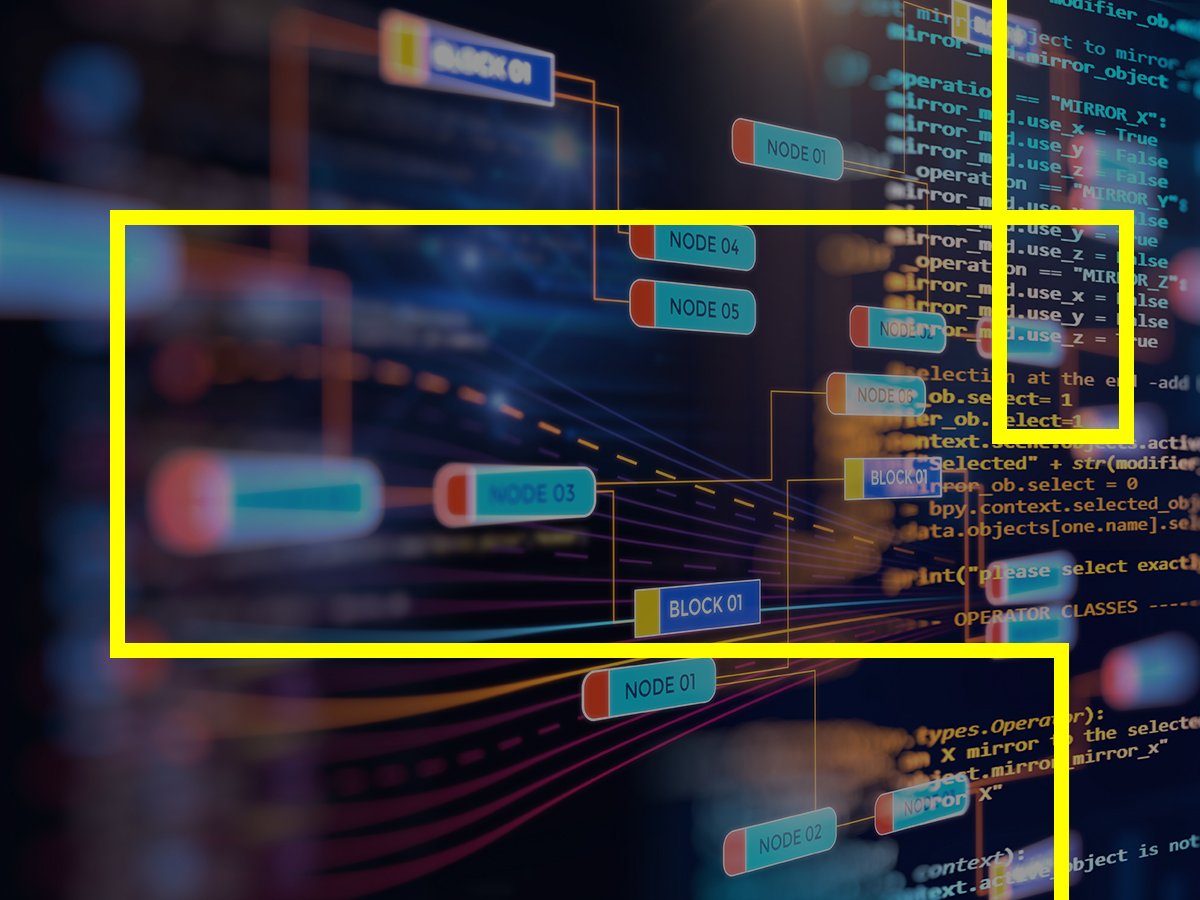
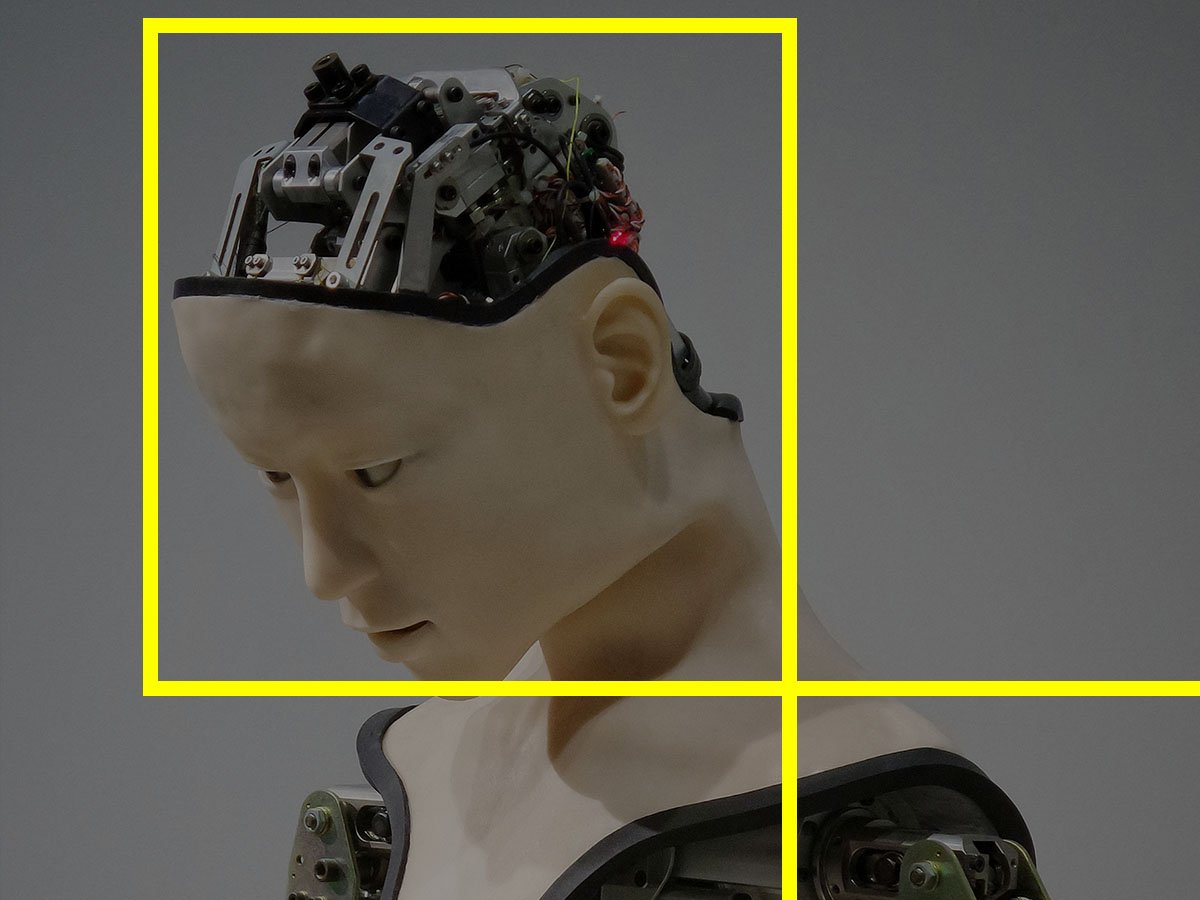
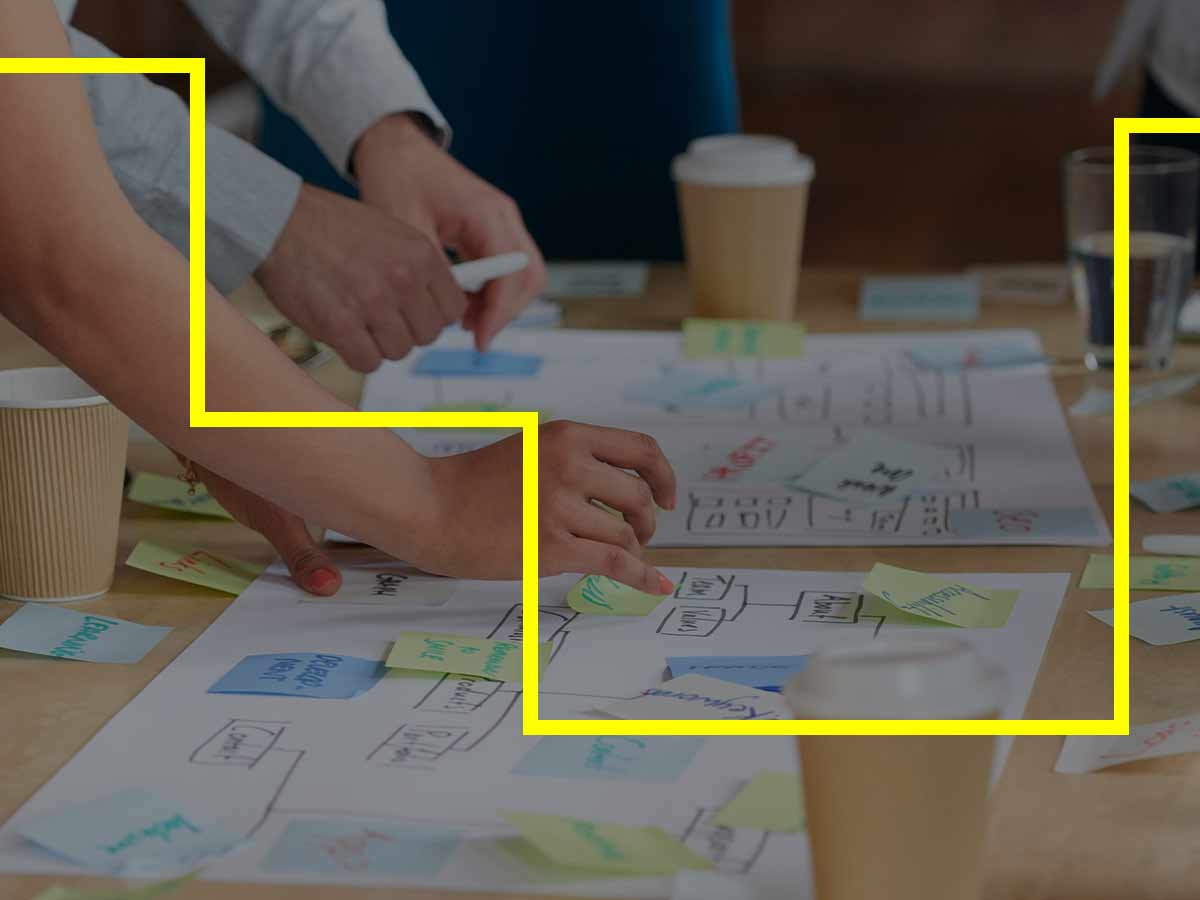
























What’s it like to learn at ÀÇÓÑÉçÇø?
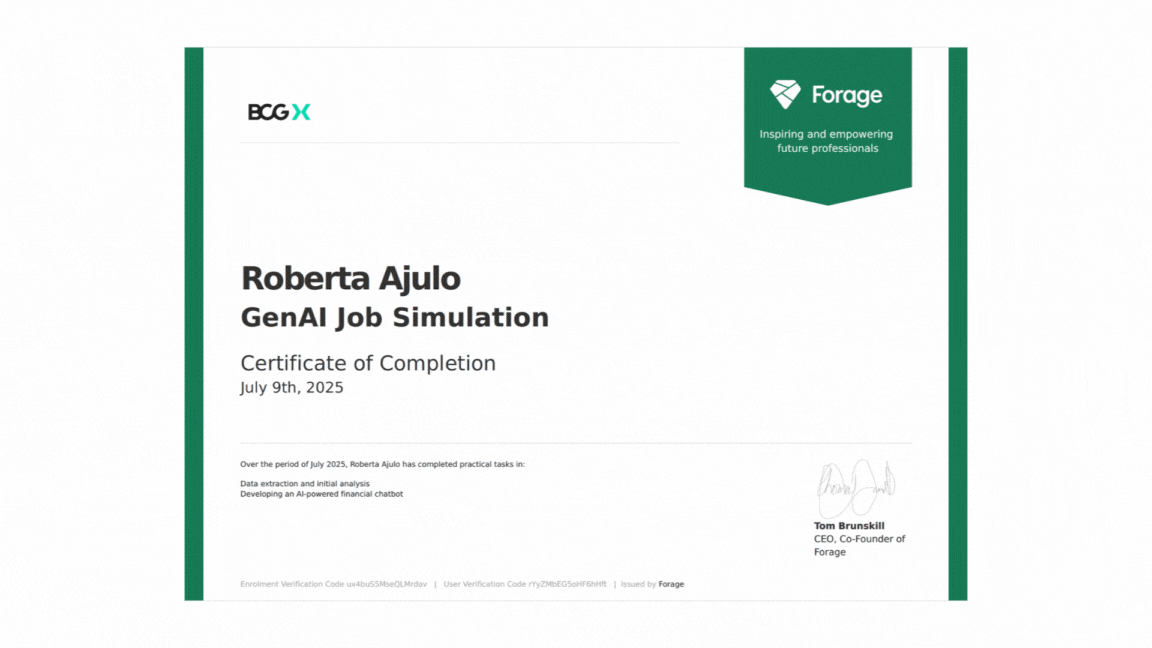
Build skills by doing. Every course includes hands-on projects that mirror real workplace challenges like building financial models plans, data dashboards, or marketing strategies. You won’t just learn about it - you’ll practice doing it. And projects are often curated from the world's largest organizations.

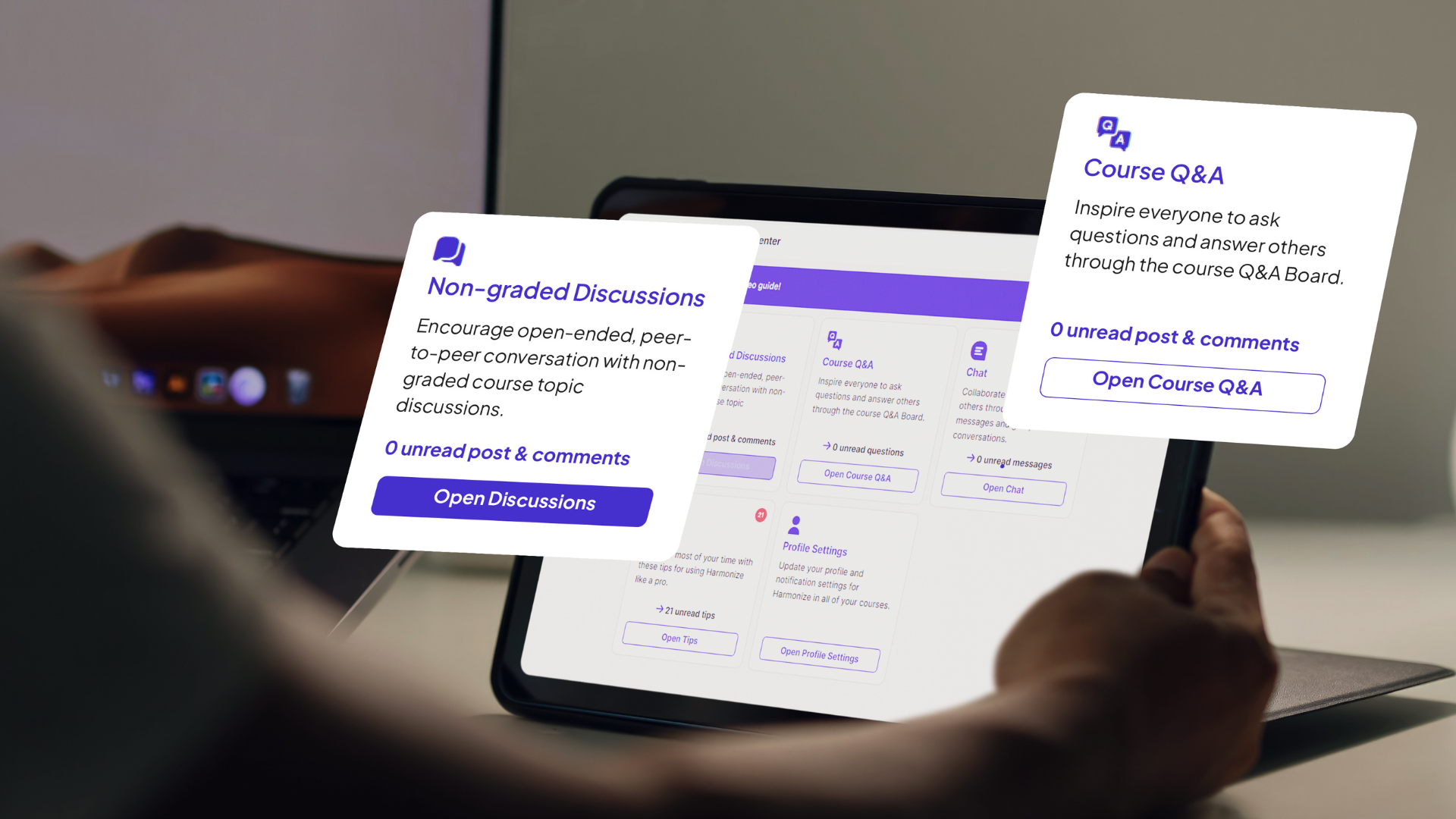
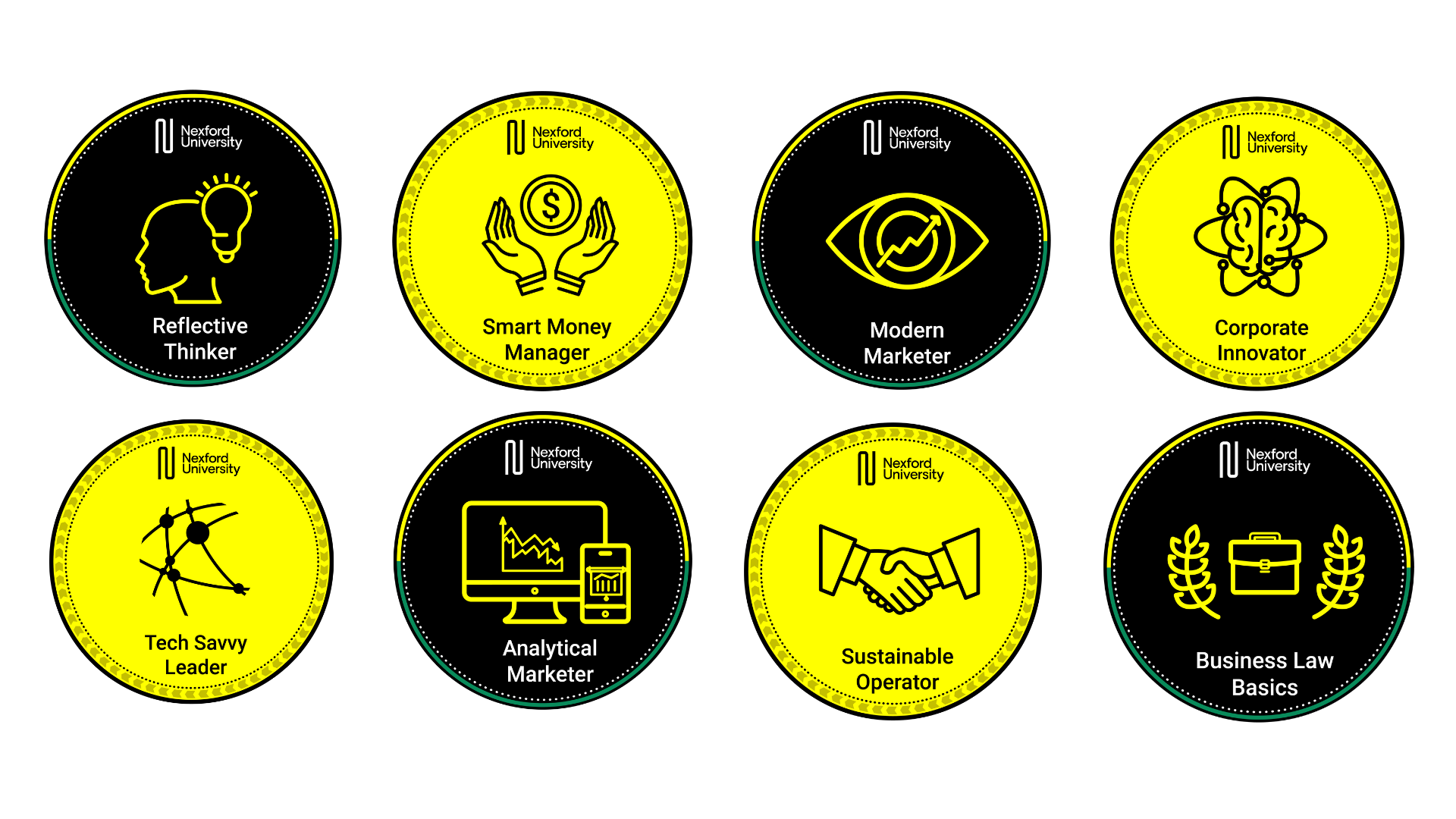
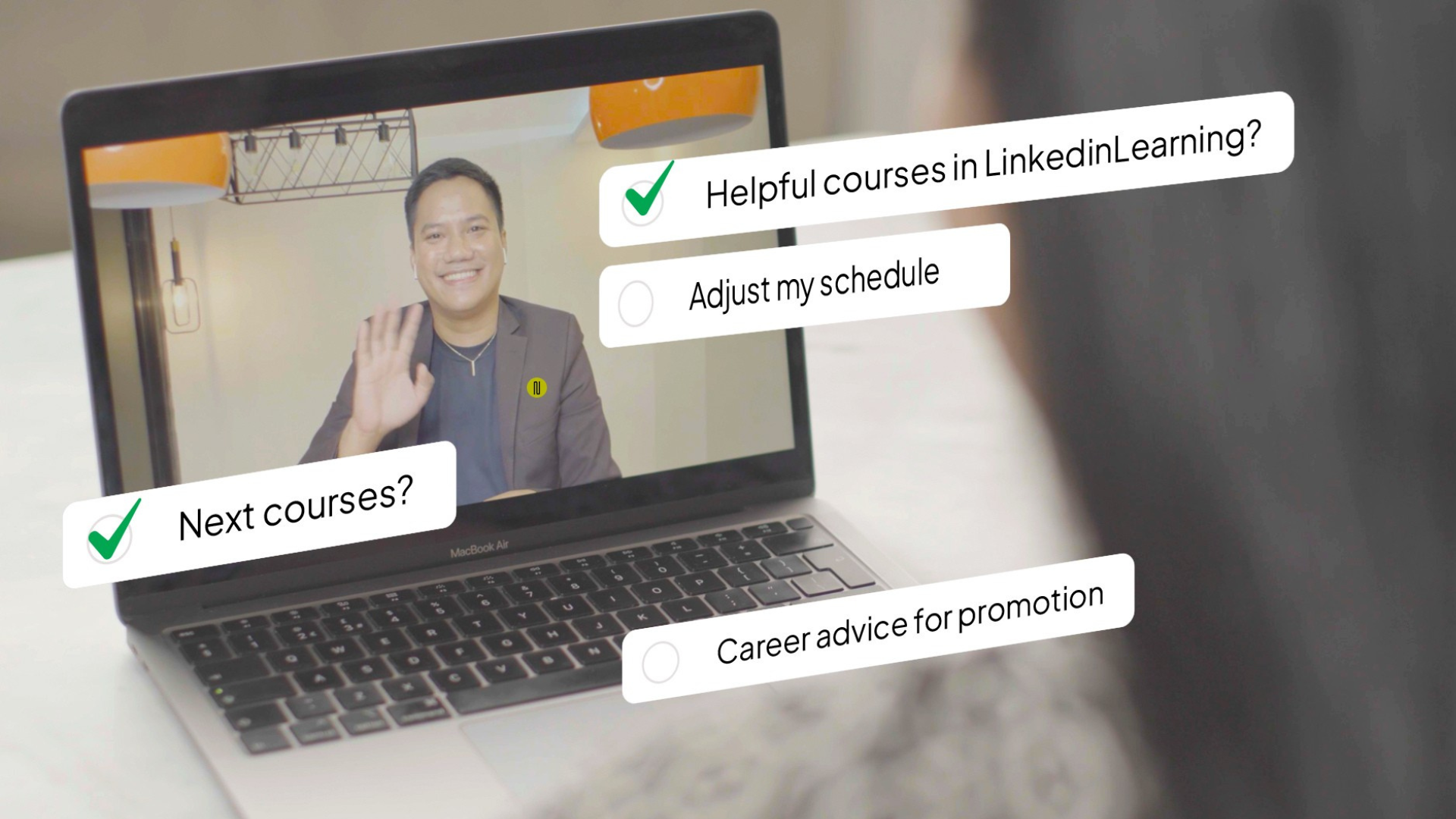
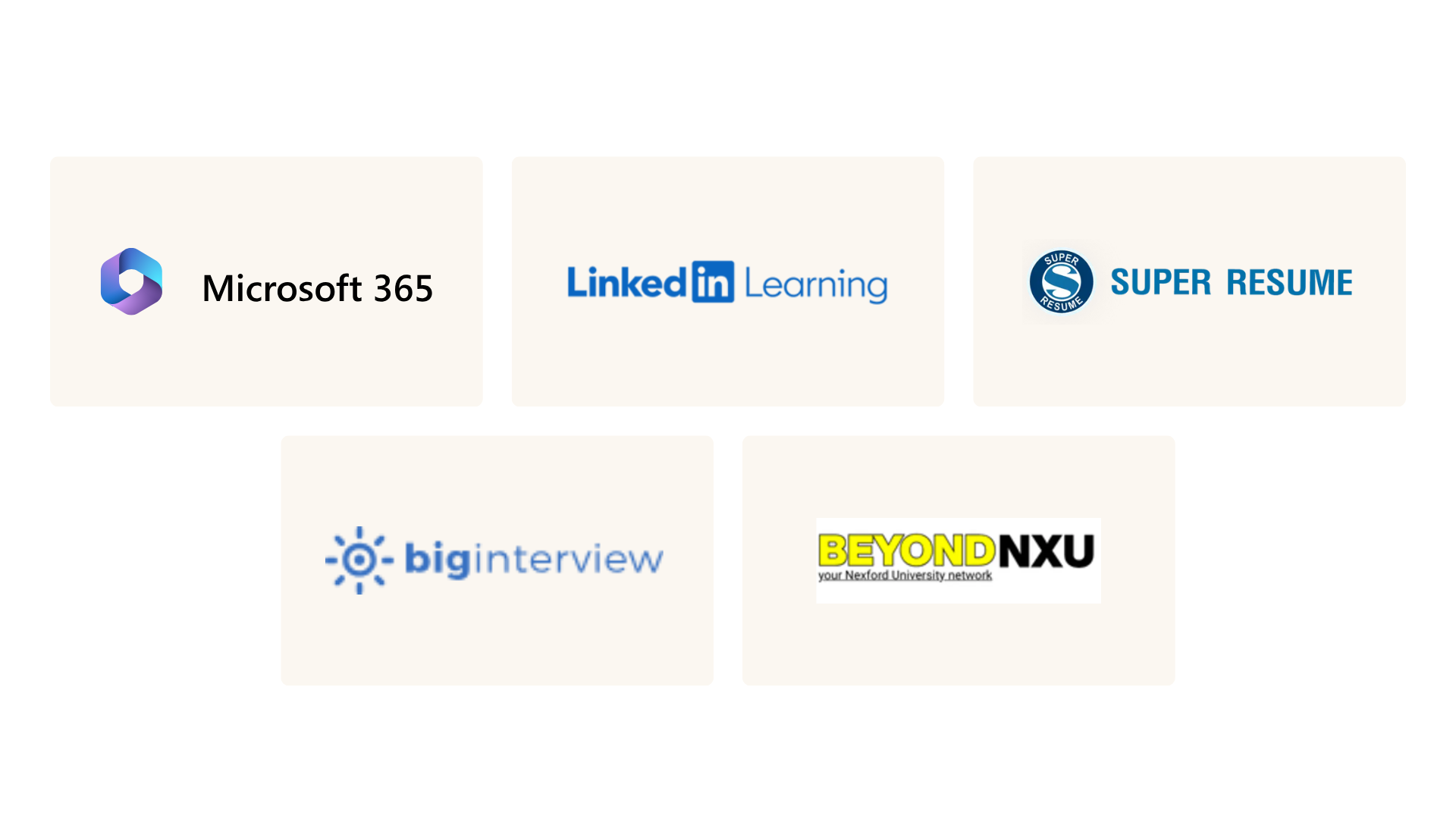
AAS Admission requirements
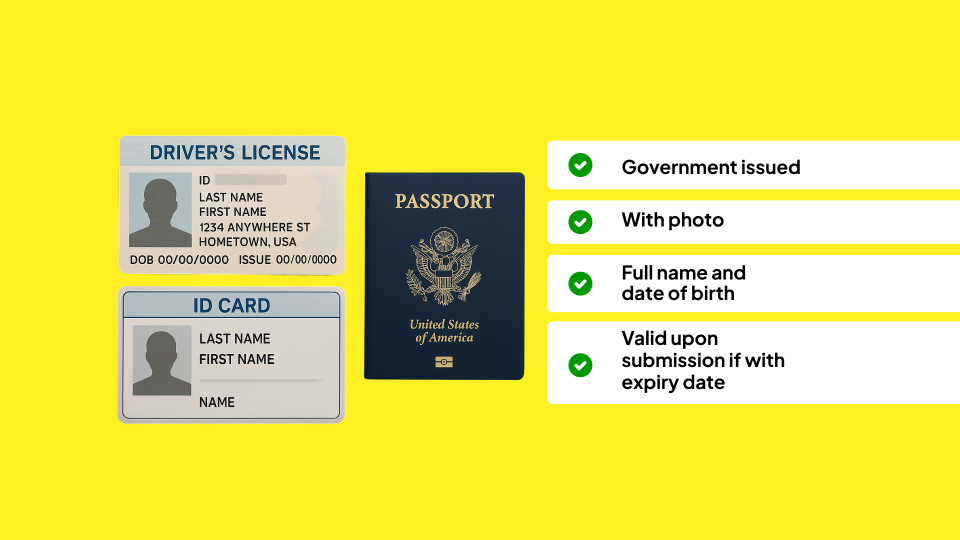

Undergraduate degree program applicants must submit proof of high school completion or its equivalent (e.g., GED or national exam certificate).

Where our learners work
























Join us for a free virtual tour
Join us live to see how learning at ÀÇÓÑÉçÇø works, hear from alumni, and get your questions answered by current learners, faculty, and staff.


Your dedicated career success platform
Your dedicated career success platform




Finish faster with ÀÇÓÑÉçÇø's 12 month AAS
Earn your AAS in just 12 months by completing courses faster and increasing your course load.
- Course load: 1 course
- Pace: 1 course per month
- Course load: 2 courses
- Pace: 2 courses per month
Begin your next career journey
Others block AI. We expect you to master it.
Real projects you'll complete in your AAS in Business
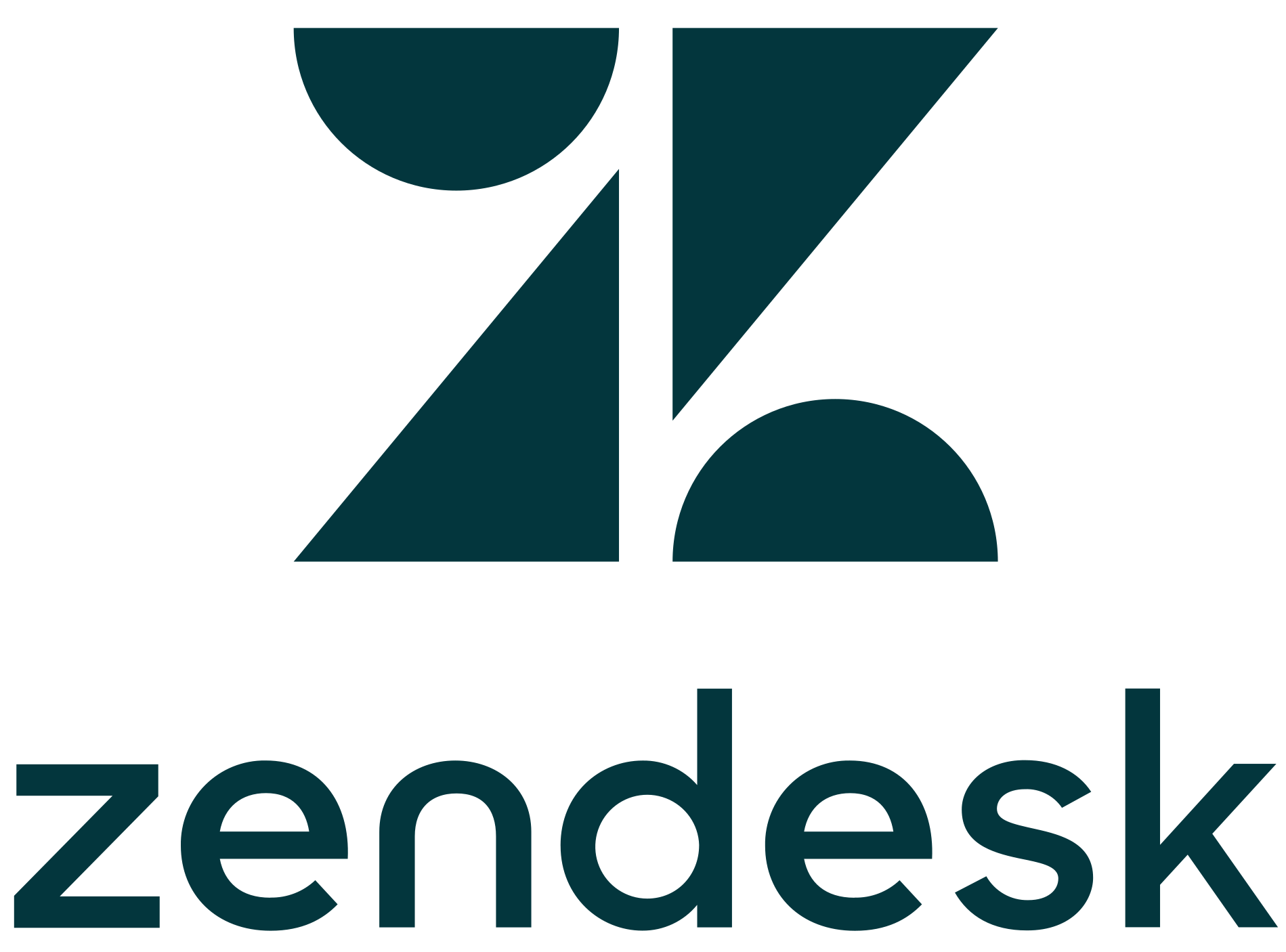
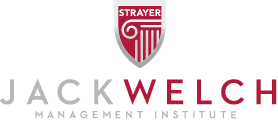




Your career outlook as an AAS graduate
- Administrative Assistant
- Office Clerk
- Executive Assistant
- Receptionist
- Customer Service Representative
- Sales Associate
- Retail Supervisor
- Call Center Agent
- Accounts Clerk
- Bookkeeper
- Billing Specialist
- Payroll Assistant
- Operations Assistant
- Inventory Clerk
- Logistics Coordinator
- Procurement Assistant












Hear from our alumni and their employers



Thank you so much for the opportunity to be part of ÀÇÓÑÉçÇø. My education there significantly helped me advance my career. Additionally, my MBA has been successfully recognized as equivalent in my home country, Indonesia.

As a current MBA student at ÀÇÓÑÉçÇø, i like the flexile modality of study especially for full time employees, also the project-based learning approach with updated syllabuses, real case studies with top tech companies like Amazon, Tesla , Toyota, Apple...etc. and affordable at the same time for low middle income countries students.
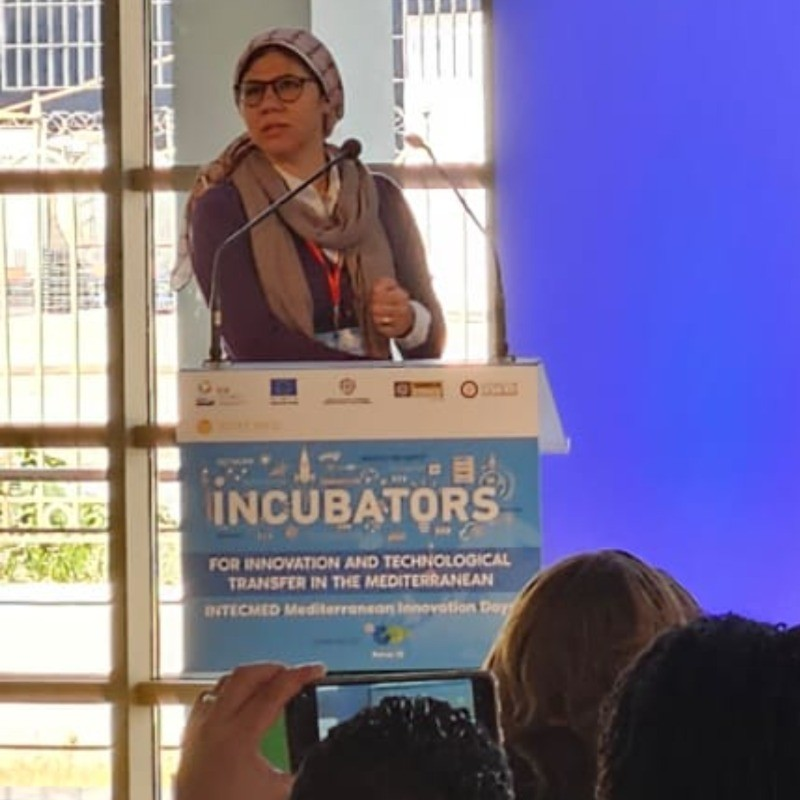
Meet your future faculty
Meet your future faculty
Learn from faculty who are also experienced business leaders, entrepreneurs, and subject-matter experts. Their real-world experience helps ensure what you’re learning is practical, career-relevant, and aligned with what employers actually need. Join live group sessions or book 1:1 time when you need support.
ÀÇÓÑÉçÇø is accredited.

ÀÇÓÑÉçÇø is by the .
The DEAC is listed by the U.S. Department of Education as a recognized accrediting agency and is recognized by the Council for Higher Education Accreditation (CHEA).


ÀÇÓÑÉçÇø is by the .
The DEAC is listed by the U.S. Department of Education as a recognized accrediting agency and is recognized by the Council for Higher Education Accreditation (CHEA).
